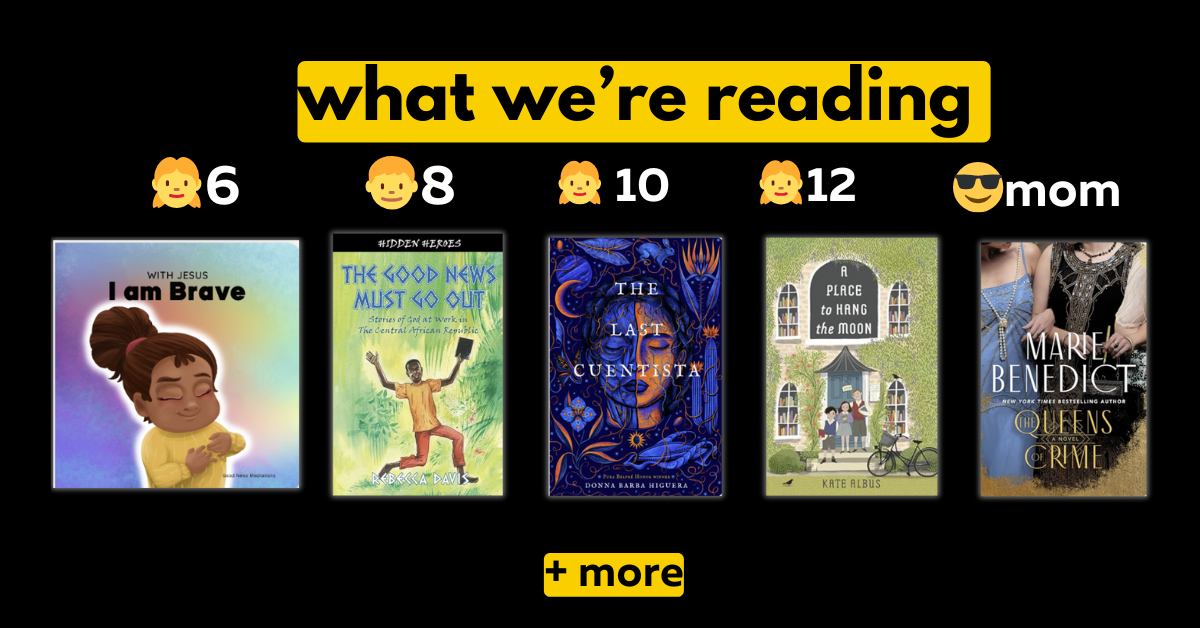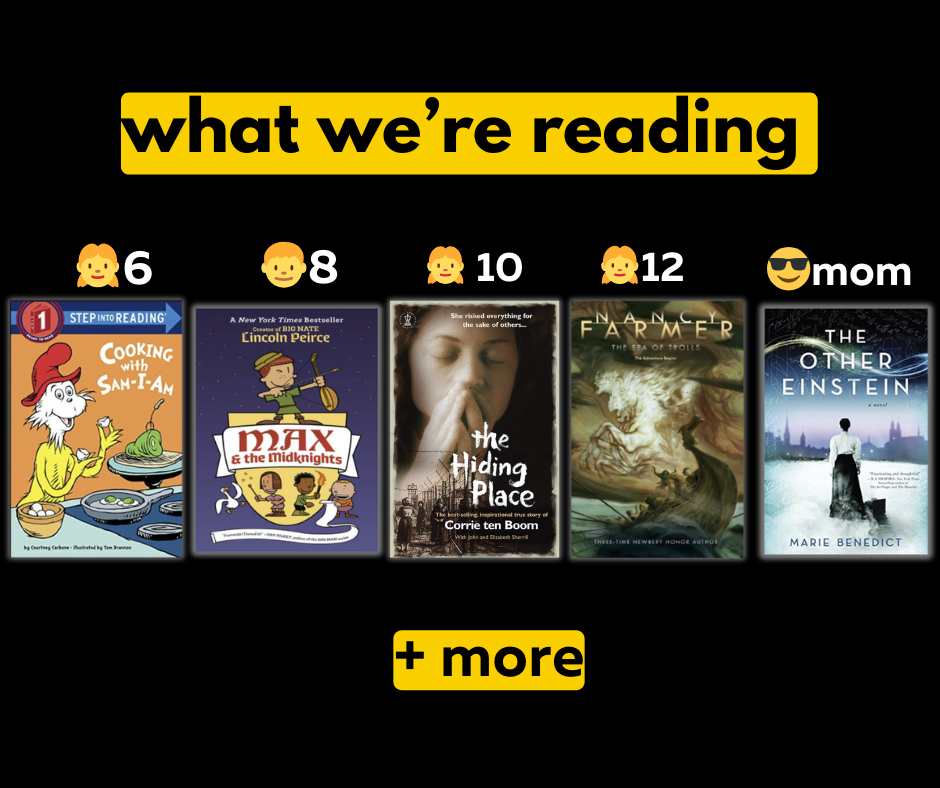
Why Homeschool Families Should Prioritize Social Emotional Learning
As homeschool families, we often focus on academic achievements, ensuring our children master subjects like math, science, and language arts. However, there is another crucial aspect of education that sometimes gets overlooked: Social Emotional Learning (SEL). SEL is the process through which children acquire the skills to recognize and manage emotions, develop care and concern for others, establish positive relationships, make responsible decisions, and handle challenging situations constructively. Ready to support your kids in their academic endeavors to the moon and back? Start with SEL and you’ll give them the full toolbox!
The Importance of SEL: A Statistical Perspective
Quantitative data underscores the profound impact of SEL on students' lives. According to a meta-analysis conducted by CASEL (Collaborative for Academic, Social, and Emotional Learning):
- Improved Academic Performance: Students who received SEL instruction had an average of 11 percentile points higher academic achievement than those who did not.
- Better Emotional and Social Skills: SEL participants showed significant improvement in social-emotional skills, attitudes, behavior, and emotional distress.
- Long-Term Benefits: Benefits of SEL extend into adulthood, with participants showing lower rates of mental health issues, substance abuse, and criminal behavior.
Why SEL Matters
- Enhanced Academic Success: SEL provides children with skills that enhance their ability to learn, such as self-regulation, attention control, and positive mindset, directly impacting their academic success.
- Improved Mental Health: SEL helps children manage stress, anxiety, and depression by teaching them coping strategies and emotional regulation.
- Better Social Skills: Children learn to communicate effectively, resolve conflicts, and build healthy relationships, crucial skills for personal and professional success.
- Responsible Decision-Making: SEL fosters critical thinking and ethical decision-making, preparing children to navigate complex social situations and moral dilemmas.
Case Studies & Anecdotes: Qualitative Insights
Case Study 1: The Impact of SEL on Academic Achievement
In a study conducted at Springfield Renaissance School, students received SEL training alongside their regular curriculum. Over the course of a year, these students demonstrated a marked improvement in multiple academic areas, as well as their post-graduation outcomes. Teachers reported increased engagement, better classroom behavior, and enhanced ability to work in teams.
Case Study 2: The Impact of SEL-Educated Adults on Academics
Another case at Meadows Elementary School in San Jose, California showed that training teachers to use solid SEL practices in their everyday instruction “that there was a statistically significant difference in the proportion of students who exceeded or met district benchmarks before and after the SEL program for Star Reading” (PowerMyLearning.org).
Contrasting Approaches: Winging It vs. Story-Based Curriculum
Winging It: Many homeschooling families try to teach social and emotional skills on the fly, addressing issues as they arise without a structured approach. This is totally what our family did before we found Freeing Freddie. While this method can work to some extent, it often lacks consistency and depth, leaving children with gaps in their social-emotional development.
Story-Based Curriculum: Structured SEL programs, like those offered by Free the Mind Co., use engaging stories and activities to teach essential skills systematically. However, the skills aren’t taught in a silo (“Today, we’re learning about gratitude.”) They’re woven into a narrative kids are already invested in. Stories make learning relatable and memorable, allowing children to see themselves in various scenarios and learn through characters' experiences.
How Free the Mind Co. (FTMC) Resources Are Being Used
Free the Mind Co. has developed a range of SEL resources that are making a significant impact in classrooms and districts:
- Curriculum Integration: Many schools and districts have integrated FTMC’s SEL curriculum into their daily routines. Teachers report that students are more engaged, empathetic, and better able to handle stress.
- Professional Development: FTMC provides training for educators, helping them understand and implement SEL effectively. This training equips teachers with the tools they need to support their students’ social-emotional development.
- Parental Involvement: FTMC resources include materials for parents, ensuring that SEL continues at home. This holistic approach reinforces the skills children learn at school and fosters a supportive learning environment.
After homeschooling for 8 years, I’ve learned a few things. Slowly releasing the idea that homeschool is “school at home” was the first thing to go. The second came naturally: life and wellbeing skills in the form of SEL are foundational. It equips children with the skills they need to succeed academically, socially, and emotionally. By embracing SEL, you can transform your homeschooling journey, fostering a love of learning and preparing your children for a bright future. Consider integrating resources like those from Free the Mind Co. to provide a structured, story-based approach to SEL that will resonate with your children and enrich their educational experience.


